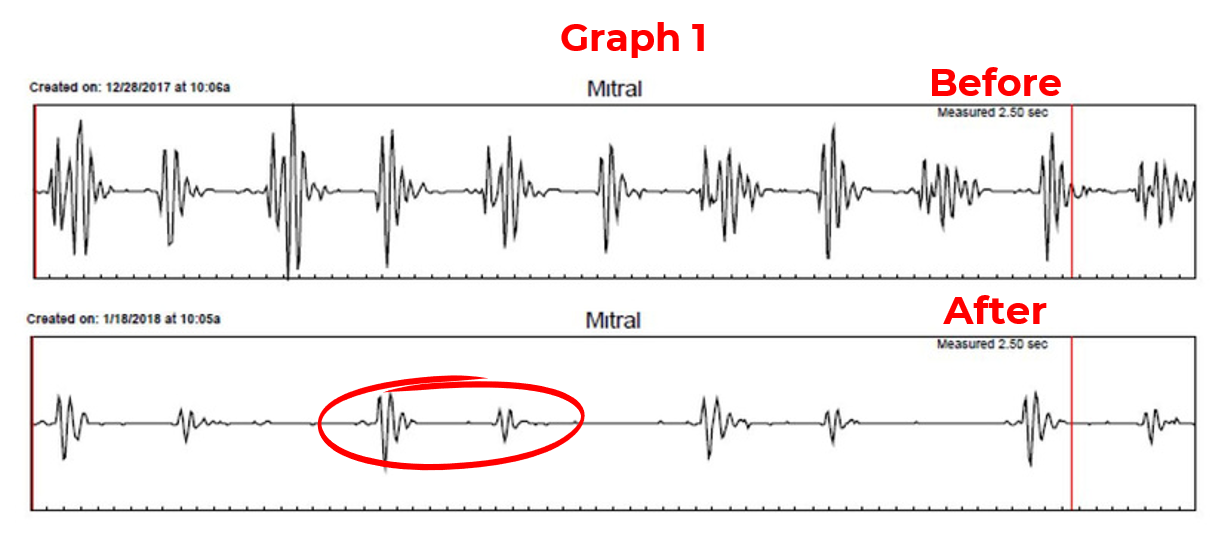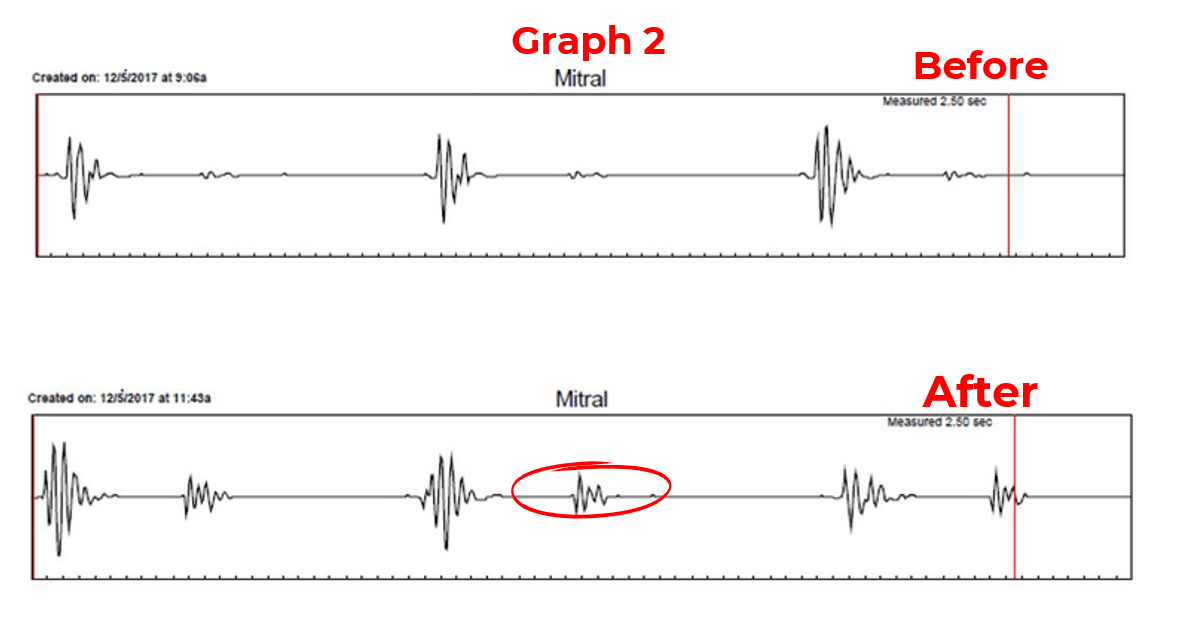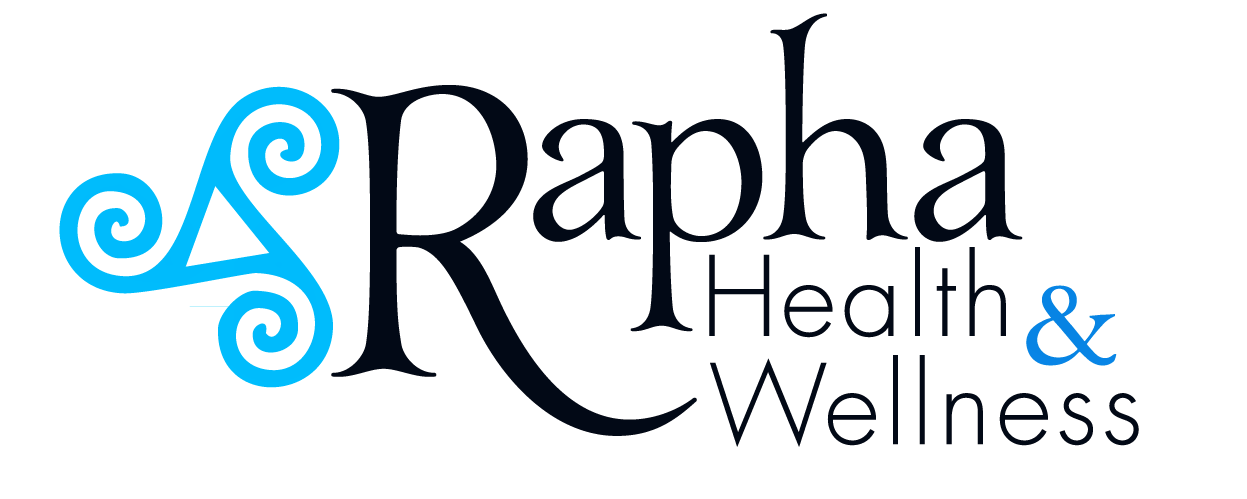Heart Sound
Recorder
(HSR)
What is an HSR?
HSR stands for (Heart Sound Recorder) it is a modality that assess the heart by using a sensor that amplifies the hearts sounds and records it into software that allows us to visualize the rate, tone and rhythm of each valve.
Using this information we are able to identify nutritional, emotional and chemical stressors or deficiencies that will help our staff address critical issues to support the heart.
What’s an HSR?
Watch the video for more information!
The Heart Always Eats First
The heart is the first organ that gets feed in the body and if your body is lacking vitamins or minerals the heart will show it first. Below is what a normal tone, rate, and rhythm should look like.



Before and After Graphs with supportive products used
- its an assessment of rate rhythm and tone based on nutritional needs of the heart progress is assessed with each visit.
- initial with reassessment in 2-4 weeks after taking recommended supplements.
- follow up visits recommended quarterly to monitor of as needed based on practitioner recommendations.
- we recommend 4-6 annually, or as needed.
- initial scan last 20-30min follow ups last around 15-20min.
- supplemental support will be recommended based on your results.

#1 killer in the US is heart disease.
According to the CDC in 2019, in the United States:
- Someone has a heart attack every 40 seconds.
- One person dies every 36 seconds in the United States from cardiovascular disease.
- About 655,000 Americans die from heart disease each year—that’s 1 in every 4 deaths.
- About 1 in 5 heart attacks is silent—the damage is done, but the person is not aware of it.
Why should I get an HSR scan?
Many people are unaware there is any issue with their heart at all until some major event, like a heart attack, lands them in the hospital…that’s if they survive it! The HSR is a great tool for looking at the nuances of how the heart beats and determining early challenges that might not be obvious on other types of cardiac exams/tests.
Every day, your heart beats 100,000 times, sending 2,000 gallons of blood surging through your body. This means that there are a lot of opportunities for the heart to beat inefficiently or poorly depending on your heart health. Your heart is the most important muscle in the body and it is the first muscle that responds to nutrition. Your heart absorbs nutrients very quickly because your body is primarily concerned with keeping it beating!
